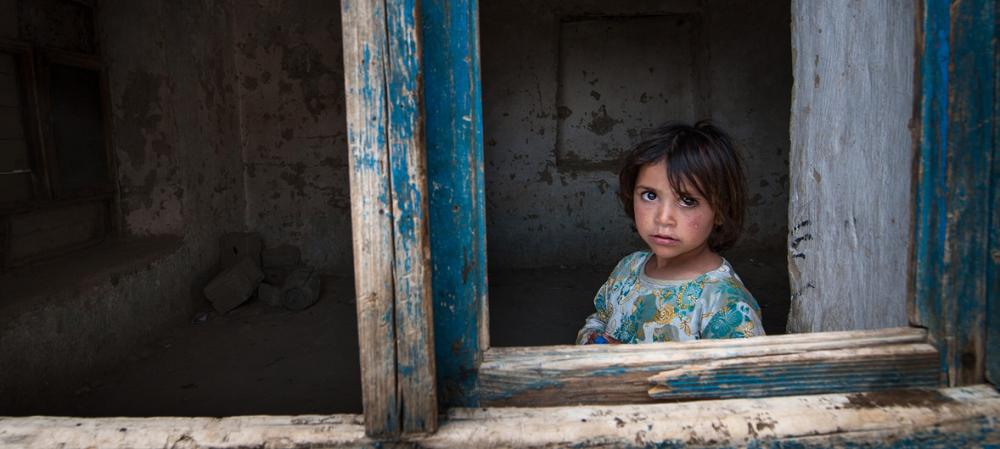Just Earth News | @justearthnews | 16 Aug 2018, 10:16 am Print

New York: With the death toll rising after days of intense fighting for the Afghan city of Ghazni, south-west of Kabul, the Head of the United Nations mission in the country (UNAMA) said on Wednesday that the situation was “unacceptable” and called on warring parties to lay down their arms and seek a political solution to the conflict.
"The Taliban’s attack against Ghazni city, and the subsequent fighting in densely populated urban spaces, has again caused terrible suffering to civilians caught in the conflict,” said Tadamichi Yamamoto, in a statement.
According to the UN Office for the Coordination of Humanitarian Affairs (OCHA), when the fighting began, about 270,000 residents were trapped in the city, which is located about 150 km south-west of Afghanistan’s capital Kabul. Many seem to have fled the town, according to sources on the ground.
In five days of hostilities, about 150 civilians may have been killed in the fighting, along with hundreds of Government and Taliban fighters.
“The fighting has led to electricity outages along with water and food shortages,” noted Mr. Yamamoto, adding that “communication networks and media outlets have been shuttered, and roads remain blocked, preventing freedom of movement for families seeking safety.”Reliable sources on the ground are reporting that Ghazni Public Hospital is “overwhelmed by a continuous influx” of injured members of the government forces, Taliban fighters and civilians.From the humanitarian perspective, the situation in Ghazni “remains particularly grim”, UN Special Representative Yamamoto explained.
According to OCHA, access into the town remains challenging for aid workers as well.
“Humanitarian actors ready and willing to supply desperately needed assistance must be given explicit, public and absolute guarantees by all parties to the conflict that they will be allowed to operate safely, without hindrance or any attempts to interfere with distribution carried out under humanitarian principles,” he stated.
In July, UNAMA highlighted the tragic toll that the conflict has had on Afghans in 2018, as the first half of the year was the deadliest for civilians since UNAMA began documenting civilian casualties in 2009. This, despite the unprecedented but brief ceasefire between the Government and the Taliban in mid-June to mark the end of Ramadan, which was the first one to be honored in nearly 20 years of conflict.
“Equally unacceptable”, added Yamamoto, is that the fighting has “exacerbated deep-rooted wounds dividing Afghan communities at a time when cohesion is more crucial than ever before”.
The UNAMA chief appealed to all warring parties and the international community to help bring hostilities to an end. “The fighting in Ghazni must stop and the fighting in Afghanistan must stop”, he said, stressing that “the United Nations continues to maintain that there can be no military solution to the conflict in Afghanistan”.
Referring to the June ceasefire, the Special Representative said that “it illustrated to all Afghans, especially those too young to have known anything but war, what peace looks like.”
He added that the UN “stands ready to support any endeavours that would advance” an Afghan-led negotiated settlement. “Confidence-building steps that immediately reduce violence are crucial, and talks between the Afghan government and the Taliban are necessary to identify and expand common ground”.
UNICEF/UNI152469/Dragaj
- ISIS-inspired plot foiled in UK: Two men get life sentences for targeting Jewish community
- India rejects allegations, urges Pakistan to tackle its ‘home-grown ills’
- Massacre in Islamabad: ISIS takes responsibility for deadly Pakistan blast
- Friday turns fatal: 31 dead, 169 injured in shocking Pakistan mosque blast
- Explosion at packed mosque in Pakistan turns Friday prayers into scene of carnage, 15 dead





-1763561110.jpg)
